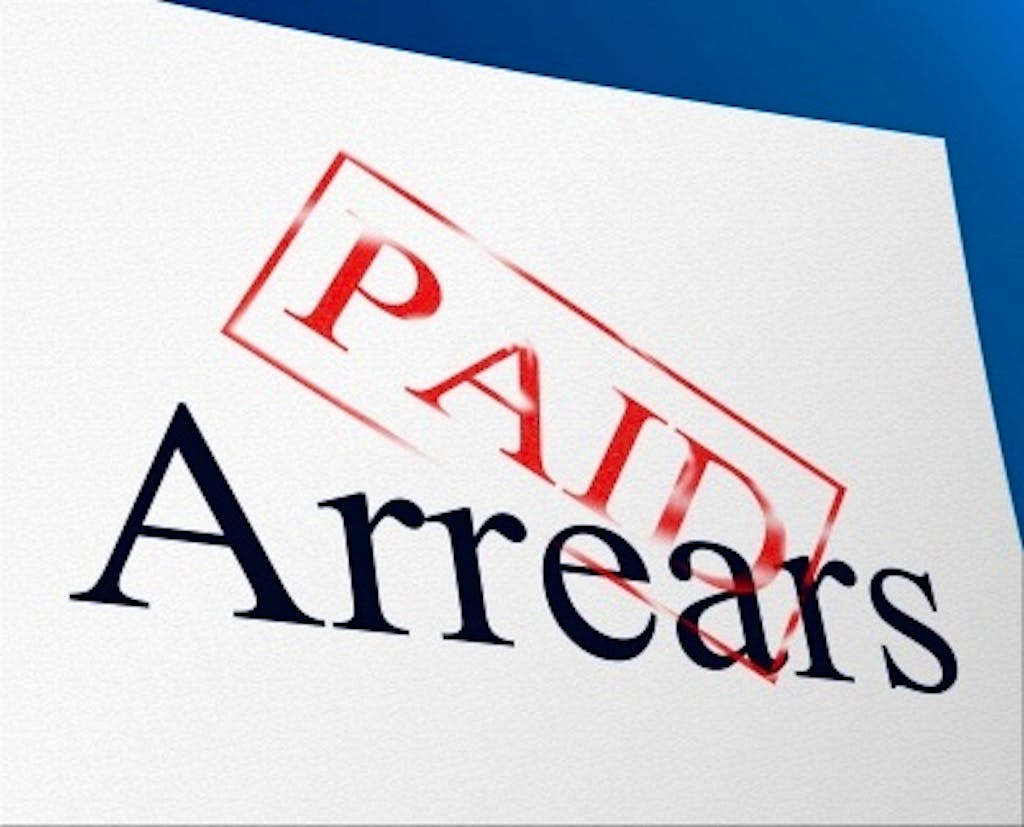When it comes to the daily humiliations of freelancing, I’m a pro. I’ve been taken in by the promise of exposure, dealt with the frustrations of something called “payment upon publication” and been burned by editors I considered friends. Getting a client to pay up isn’t always easy. I’ve gotten better at those things — I negotiate rates in line with my experience, invoice regularly and rarely take a job without a contract. But what if you’ve done everything right and you still don’t get paid?
It recently happened to me. I was well into an ongoing project for a big online publisher. The pay was good, the work was steady and, for months, the checks came like clockwork. And then the job ended unexpectedly. My editor said the publisher’s client had bailed and left her boss holding the bag. They couldn’t afford to pay me just then, she said. I was owed an entire month’s salary. I was upset but I didn’t lose my cool. Here’s what I did instead:
- Start a paper trail: Email your client and ask when you can expect payment. Remember to keep it professional—this is the evidence you’ll need down the road if things turn sour. In my case, the response was, “we’ll pay you as soon as we can,” followed by crickets.
- Follow-up: Wait 15-30 days and send another email. If you have a good relationship with your client, consider an emotional appeal. I reminded my editor of all of the hard work I’d done and explained that nonpayment had put me in a financial bind. Tone down the rhetoric though—your goal is compensation, not pity. I received another, “we’re working on it,” and more silence.
- Get tough: I waited another 30 days (by then, payment was 70 days late) and sent another email to the company’s accounting department with the subject line “Late Payment Notice.” I added the text, “Please pay within 10 days of receipt or add an additional 3 percent to the total” (you can set it at 5 or 10 percent but, in my case, the amount was enough to raise eyebrows). I even inserted a big PAST DUE graphic on my invoice and printed a copy, which I sent certified mail. Within a few days, the money was flowing again.
- Get help: I got lucky and didn’t need to take this step—but I was ready to. If you’ve done everything you could and still haven’t been paid, it’s time to talk to a lawyer. I’d start with LawGuru, a free (or cheap) crowdsourcing site for legal guidance. Post your question and, within days, one or more lawyers will offer you advice about what to do next. It might be anything from crafting and sending a demand letter to taking the offending client to small claims court. Other options include Volunteer Lawyers for the Arts or your local bar association.
If I’ve learned nothing else from freelancing, it’s that the best of intentions can lead to the worst consequences. I’d gambled nearly all of my freelance income on one decent-paying job with a brand new client and nearly lost when I couldn’t get the client to pay. In the end though, I’d gotten my money because I’d behaved like a businessperson instead of reacting like a maniac. We may all have different reasons for freelancing—to be our own bosses, the freedom to work from anywhere or family obligations—but the one thing we have in common is the need to eat. Take it from someone who’s learned the hard way—if you want to keep freelancing, keep it professional.
Michael Kerr writes about business and technology in Portland, Oregon. Follow him on Twitter @michaelkerr

